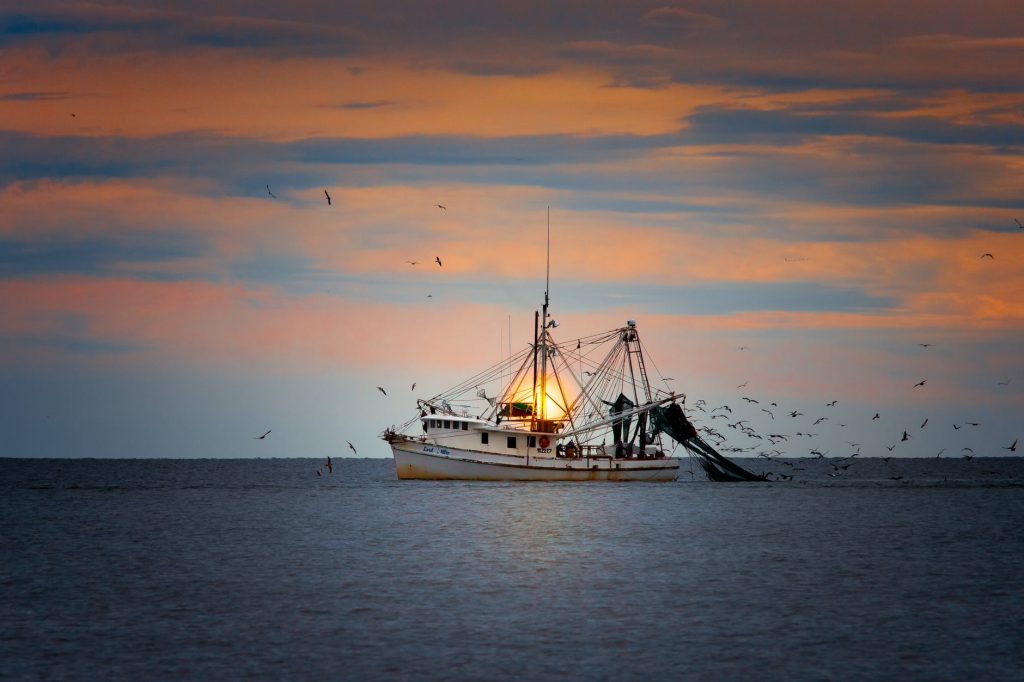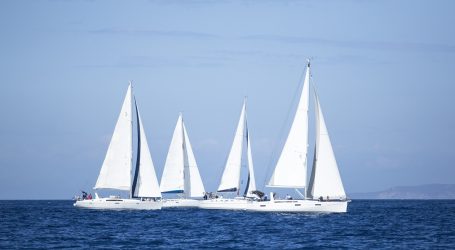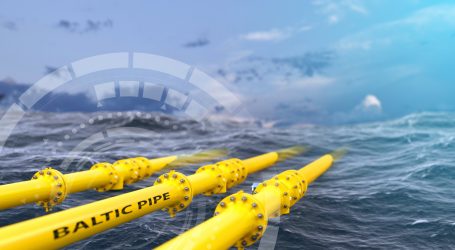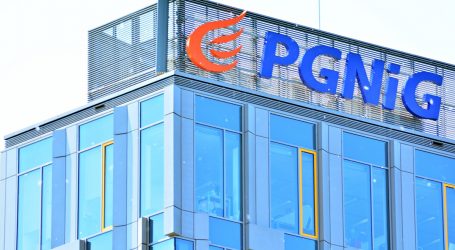Commission adopts strategic guidelines for sustainable and competitive EU aquaculture
The Commission has adopted new strategic guidelines for a more sustainable and competitive aquaculture in the EU. The guidelines set out a common vision for the development of the sector, aimed at the Commission, Member States and stakeholders, which directly supports the implementation of the European Green Deal and in particular the farm-to-table strategy.
The guidelines will contribute to increasing the competitiveness and resilience of the EU aquaculture industry and to improving the achievement of environmental and climate objectives.
Aquaculture is playing an increasingly important role in the European food system. This sector can offer healthy food with a climate and environmental footprint that is generally lower than that of land-based agriculture. With the guidelines adopted today, we want EU aquaculture production to become a global reference for sustainability and quality, to reduce our dependence on seafood imports and to create more jobs, especially in coastal regions, said Virginijus Sinkevičius, Commissioner for the Environment, Oceans and Fisheries.
Objectives of the Guidelines
The guidelines have been prepared in close consultation with EU Member States and stakeholders, in particular those represented in the Aquaculture Advisory Committee. The guidelines set out four interrelated objectives for the further development of EU aquaculture:
- strengthening resilience and competitiveness,
- contributing to the ecological transition,
- ensuring public acceptance and consumer information, and,
- improving knowledge and enhancing innovation.
Through the proposed guidelines, support is also given for a significant growth of organic aquaculture at EU level. As noted in the recently published Organic Action Plan, the organic aquaculture production sector is relatively new but has considerable growth potential.
Unlike fisheries, aquaculture is not an area of exclusive EU competence. Nevertheless, in view of the importance of aquaculture for European food security, sustainable economic growth and employment, the common fisheries policy provides for a system of strategic coordination of the EU aquaculture policy.
This strategic approach has become even more relevant now, given the aquaculture sector’s potential to contribute to the achievement of the objectives of the European Green Deal and the need to ensure its long-term sustainability and resilience, especially in light of the COVID-19 crisis. The new strategic guidelines take full account of these objectives.
Taking into account the challenges and opportunities for the aquaculture sector, the guidelines propose concrete actions in relation to a number of areas, such as access to space and water, human and animal health, eco-efficiency, climate change, animal welfare, the regulatory and administrative framework and information on EU aquaculture.
In particular, the Commission proposes to develop specific good practice guidelines in key areas, and foresees a specific support mechanism for aquaculture to support the development of these more detailed guidelines, as well as the implementation of the good practices described therein.
Among other objectives, the Commission also encourages EU Member States to include the growth of organic aquaculture in the (ongoing) review of their national strategic plans for this sector, and to support this type of aquaculture production with part of the funds available under the European Maritime, Fisheries and Aquaculture Fund (EFMRA).
Next steps
The Commission encourages EU Member States to take the new guidelines into account in their multi-annual national strategic plans for developing the aquaculture sector, and to consider supporting this sector under the future European Maritime, Fisheries and Aquaculture Fund (EFMRA) and other EU funds.
Background
One in four seafood products consumed in Europe comes from aquaculture. However, it is imports that supply most seafood consumption and account for about 60% of total supply. Overall, EU aquaculture provides only 10% of EU seafood consumption. This points to significant growth potential.
Despite these trade prospects, EU aquaculture-derived production has only increased by 6% since 2007 and reached 1.2 million tonnes in sales volume and €4.1 billion in turnover in 2018. The EU’s contribution to global aquaculture-derived production was less than 2% of global production in 2018 (FAO 2020).
The previous guidelines, adopted by the Commission in 2013, were the basis for the EU Member States’ multi-annual national strategic plans for the development of aquaculture activities on their territory.
rel. Portal Morski




